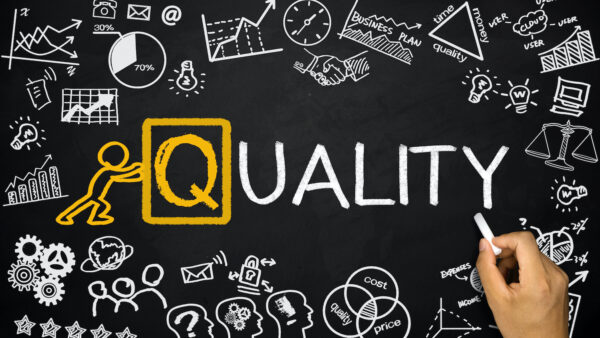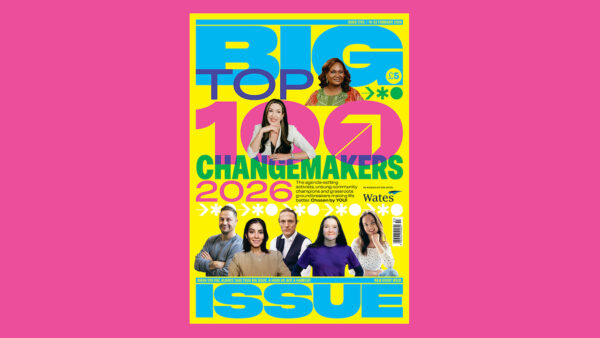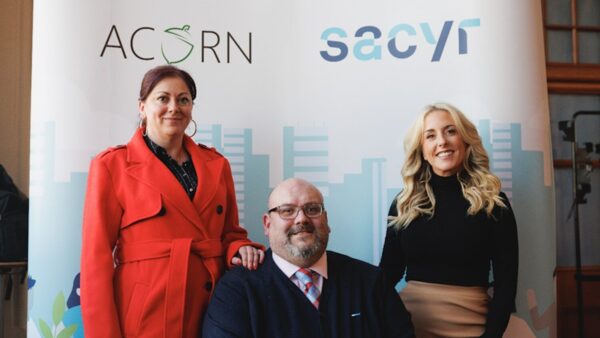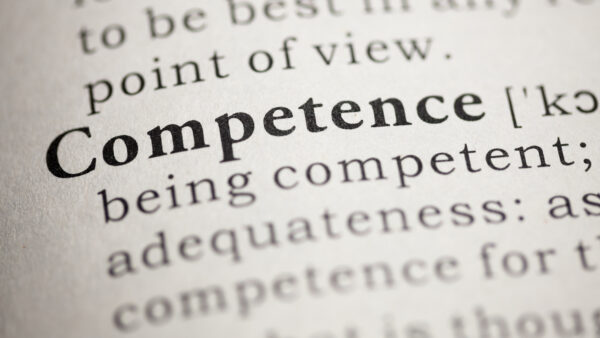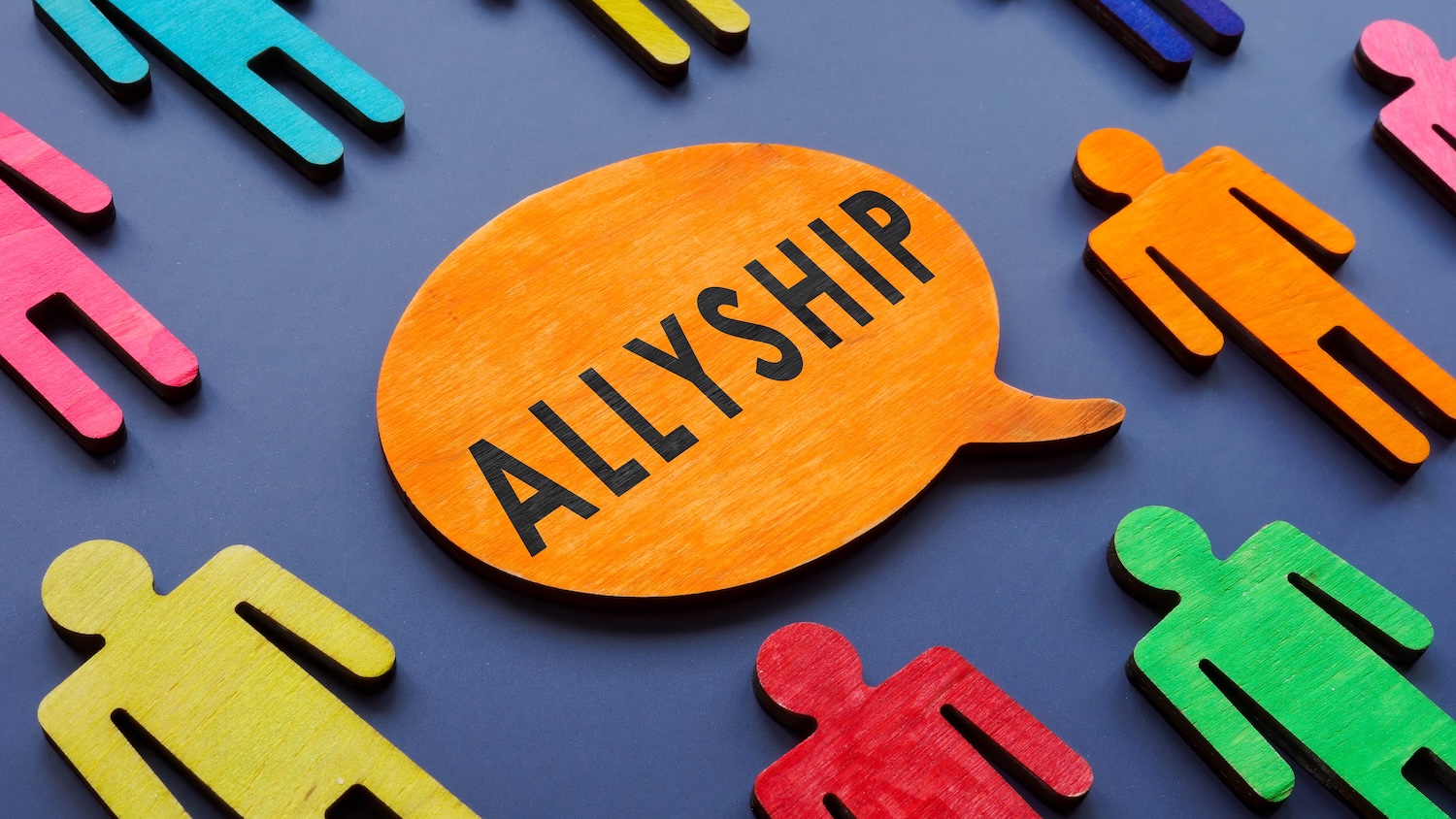
CM People examines the need to make everyone feel included at work and the potential benefits that come with treating allyship as a skill.
Hold up all the fingers on both of your hands and put one down each time one of the following statements applies to you:
- You’ve ever hesitated to disclose your partner’s gender identity to a work colleague.
- You’ve ever struggled to find ‘nude’ plasters in your skin tone.
- You don’t feel safe going for a jog at night or in a poorly lit neighbourhood.
Quantity surveyor Faye Allen has used this test (which includes seven more statements) at events, to make people think about the advantages they have, and may not be aware of, compared with colleagues.
White heterosexual men are inevitably left with more fingers up than, for example, white women or black men.

Some of the best allies have been people in meetings who have actually stopped anyone else from speaking, just so I could get my point across
Explained in her book Building Women: How everyone in construction can win, the exercise makes people think about privilege – and how they might have more than others. This does not mean their own lives or careers have been easy.
Allyship can be defined as efforts by people with more privilege taking action to help those with less.
“The importance of allyship is self-evident – it’s quite simply the right thing to do,” says Steff Battle, executive managing director of Wates Construction.
“Our industry is still predominantly white men, like myself, and this is neither fair nor reflective of the communities we build for.
“An inclusive business is a better business and when we achieve true diversity in the construction sector, I think we’ll be much stronger because of it.”
Tackling skills the crisis
Many companies want to learn about allyship so they can create workplaces where all employees feel valued and able to contribute to success, says Jayne Little, CEO of training company and consultancy Skills 4.
“Allyship is essential for today’s workplaces, especially in construction, where we face a huge skills shortage,” she says.
“The companies that will win the war [for] talent are those that see allyship as an essential skill, rather than an optional initiative.”
Many of the barriers faced by those with less privilege appear small, but they add up.
Allen, who has worked in construction for more than 30 years, tells CM People that a common disadvantage women face is being interrupted and spoken over in meetings.
Allies realise this and help. “Some of the best allies have been people that have been in meetings and they’ve actually stopped anyone else from speaking, just so that I could get my point across. I think that is a really powerful thing to do,” Allen says.
“It’s wrong that men listen to men more than they listen to women, but when you’re in that situation as a woman, it’s actually quite difficult to stand up for yourself sometimes.”

It’s not just about backing initiatives – it’s about standing beside colleagues who’ve shared what it’s really like to navigate the industry as a member of a marginalised group
Allen, who extensively researched women’s issues at work for her book, says they do not need men to swoop in and save them.
But allies can help to change the many inbuilt biases in the industry that lead to issues such as inappropriate PPE and difficulties gaining respect for their achievements.
Becoming an ally
Some men she has spoken to do not act, because they are scared of the potential consequences of making a mistake when wanting to become an ally.
The best way to overcome this is to speak to those from groups you are trying to become an ally of, Allen says.
“One opener can be: I’ve just read this book and I wondered about XYZ.”
“If you don’t know what to do and you’re worried about it, you can go in with an open question like that and then listen to the women around you and say ‘what can I do?’. You will get people to be very honest about what they need from you.”
Battle says construction leaders in particular need to know who to listen to and when.
Wates has a programme in which senior leaders are “reverse mentored” in one-to-one sessions by colleagues from minority groups, so they can hear about their experiences and consider issues they were otherwise blind to.
“It’s not just about backing initiatives – it’s about standing beside colleagues who’ve shared what it’s really like to navigate the industry as a member of a marginalised group,” Battle explains.
“From stories of being overlooked in meetings or on site, to moments where someone finally felt seen after speaking up in a safe space, these experiences have power. We have got to listen and use our privilege and position to amplify these voices accordingly.”
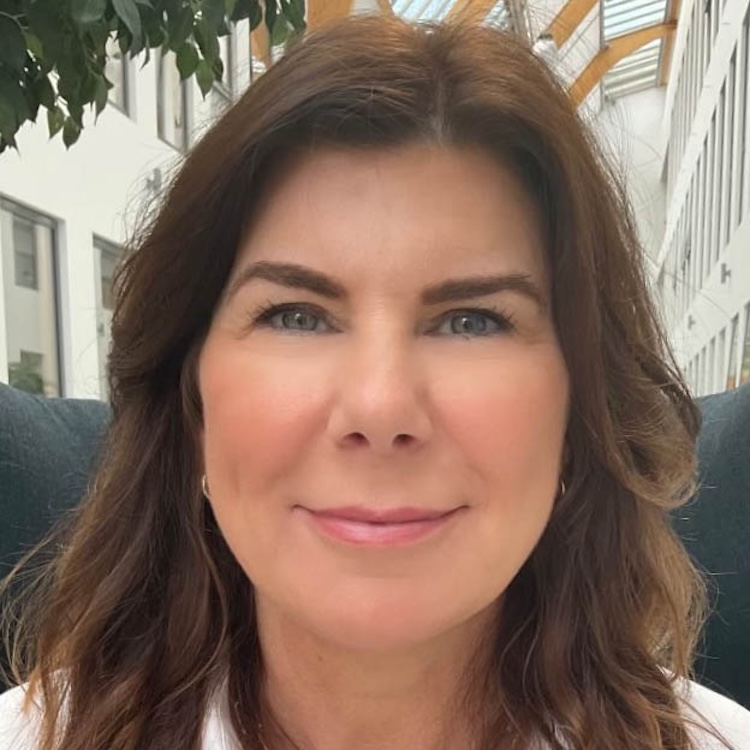
Allyship is not complicated. One of the simplest and most undervalued acts of allyship is to ask questions
Asking questions
“Allyship is not complicated,” Little adds. “One of the simplest and most undervalued acts of allyship is to ask questions.
“Not only does this breakdown barriers through respectful curiosity, it’s also a great way to check inappropriate comments or behaviour.”
A simple question like ‘what do you mean by that?’ can be used as a non-confrontational way of helping people think about their, potentially unconscious, behaviour, she adds.
Lee Chambers, founder of the consultancy Male Allies UK, notes a pushback towards workplace inclusion.
But learning about being an ally, he says, can be a personal advantage too. “It’s a deep people skill and in a world where technology is nibbling into skills, economically things are tighter. People who build these skills today will be at a competitive advantage in future,” he says.
There are undoubtedly examples of companies outwardly stating that they are inclusive, but the reality for women or minorities in their organisations doesn’t always match their rhetoric.
But even those working in places where the reality of inclusion is more performative than real can make a difference, Chambers believes.
“For individuals, it’s about thinking what can you control in your sphere of influence. Who can you bring into spaces? Who can you amplify and showcase the skills of? Think about how you can recommend them and speak about them when they’re not in the room.
“Are you in a position where you can influence aspects such as meetings, recruitment, projects, resourcing and networking opportunities? Can you potentially influence how those work and make it better for everyone in the organisation?”
Sexual assault
A recent survey by the Unite union found 31% of female construction workers had been sexually assaulted in the workplace, and 17% had experienced sexual coercion.
Allen’s book details several harrowing incidents suffered by women she interviewed.
With such serious criminal issues, the reality for many is whether creating more workplace allies is really relevant, or goes anywhere near far enough.
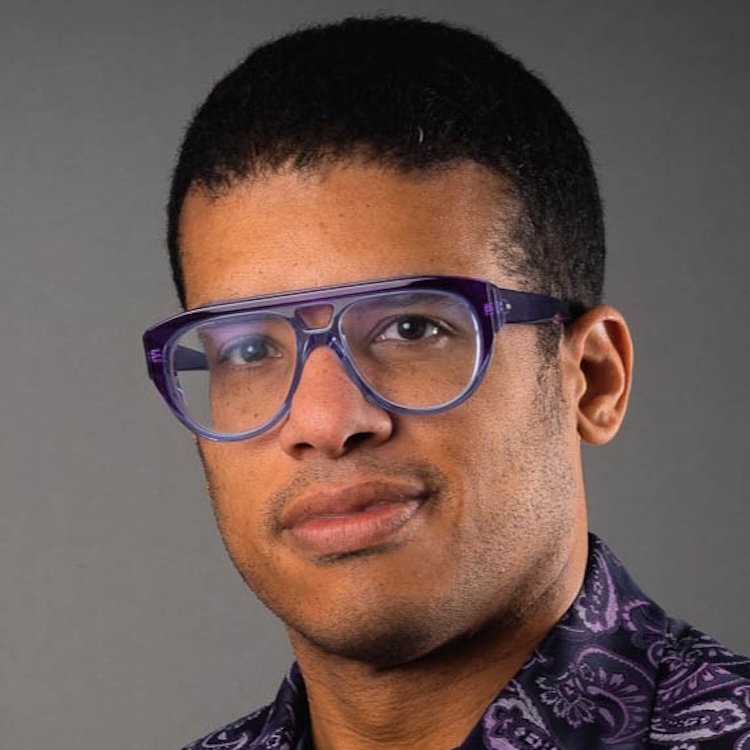
For individuals, it’s about thinking what can you control in your sphere of influence. Who can you bring into spaces? Who can you amplify and showcase the skills of?”
“I think there can be some linkage,” Allen says. “If you hear someone making a sexist derogatory comment and there’s no woman around, and you as a man say nothing, you’re basically saying that those comments are okay.
“This is where allyship comes in – not just when there’s women in the room.
“If you hear other men saying things you would be unhappy for them to say to your wife, your sister, your mother, your daughter – you should say something in that moment even if there’s no woman in the room. Because by staying silent, you make that behaviour okay.”
She says while some people will always be bad, if they think their behaviour is acceptable they are more likely to escalate it.
“I don’t know whether it would solve the sexual assault and harassment statistics, but it would definitely make an impact if other men were saying that derogatory comments and sexist comments aren’t appropriate.
“Then that sort of behaviour will eventually stop and women will be respected,” she says.
Allen says her overall philosophy can be summed up as the need to treat other people properly.
“We are all human, so just be a nice person and treat others with respect… It’s not that hard, is it really?”



